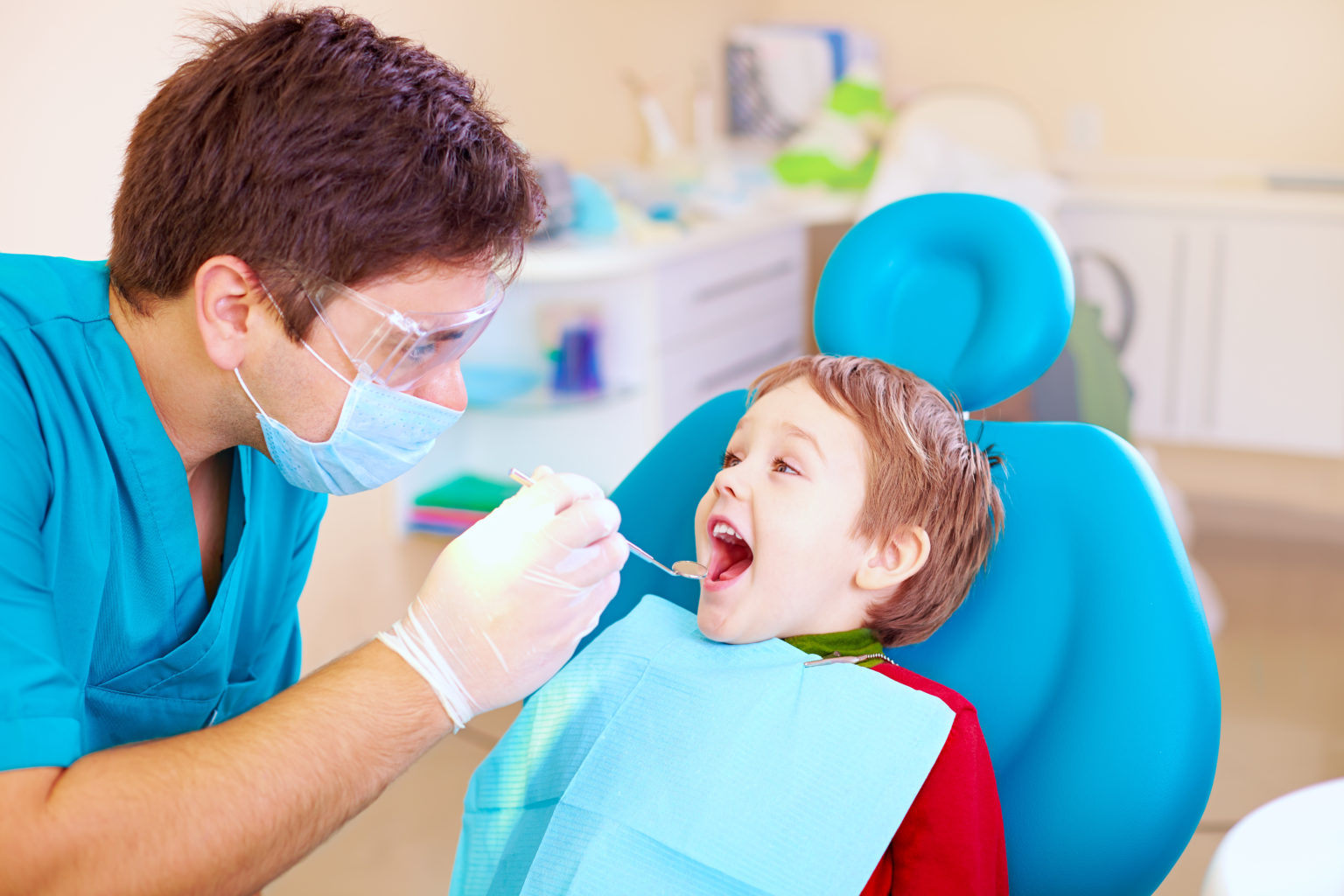Whether it’s toothache, a cracked tooth or a dental abscess, a dental emergency is not something to be taken lightly. A quick visit to the dentist is necessary in order to minimize damage and relieve pain as soon as possible. This is why Lake Geneva Dental has convenient evening hours four nights a week to provide dental care for patients in need.
The Swiss oral health situation has recently been thrown into turmoil by the heated debate over a proposal to introduce compulsory dental insurance. The proponents argue that the current system of financing dental care through a 1% contribution from employers and employees, modelled on the Assurance Vieillesse et Survivants compulsory pension and old age insurance, is unsustainable. They propose introducing a new system of financing dental care, which would be funded by all taxpayers equally and be based on the same principles as the existing pension and old-age insurance.
According to the authors of this article, a significant proportion of Swiss households are unable to cover their full need for dental care due to financial constraints. This is mainly due to the fact that, unlike in other European countries, dental care in Switzerland is not covered by public funds. Instead, it is provided through a complex system of subsidized and non-subsidized private insurances. This system is subject to considerable differences in terms of coverage and conditions of entitlement, which are set by individual cantons. The authors point out that these variations exacerbate the existing disparities in access to dental care, particularly among low-income families.
Dental injuries and emergencies can be very distressing, especially for children and young people who are still exploring their environment and participating in recreational activities. They can cause severe pain and damage, sometimes irreversible for the affected teeth, especially if they are not treated immediately. A child’s accident can also have social and psychological consequences for the whole family.
The most common dental emergencies include:
Trauma, such as a blow to the head or face, can break or move a tooth. The most serious injuries are those involving the roots (pulpitis): they require a devitalization and reconstruction of the tooth and are often considered to be an emergency.
It is very important to seek immediate attention in these cases. If the tooth can be saved, it should be re-inserted in its socket and held in place with a clean washcloth. If the tooth is beyond saving, it should be kept moist, ideally in milk, saline solution or saliva, until the emergency dentist can see you. The same applies to any objects stuck between the teeth or a bitten lip or tongue, which should be washed as soon as possible in order to limit infection and damage. This article is part of the Open Access series. This series is compiled and edited by the Swiss Medical Association. The editorial team consists of doctors from the Division of General Dentistry at the University of Bern and is published in cooperation with the Open Access Library Foundation.urgence dentaire geneve

